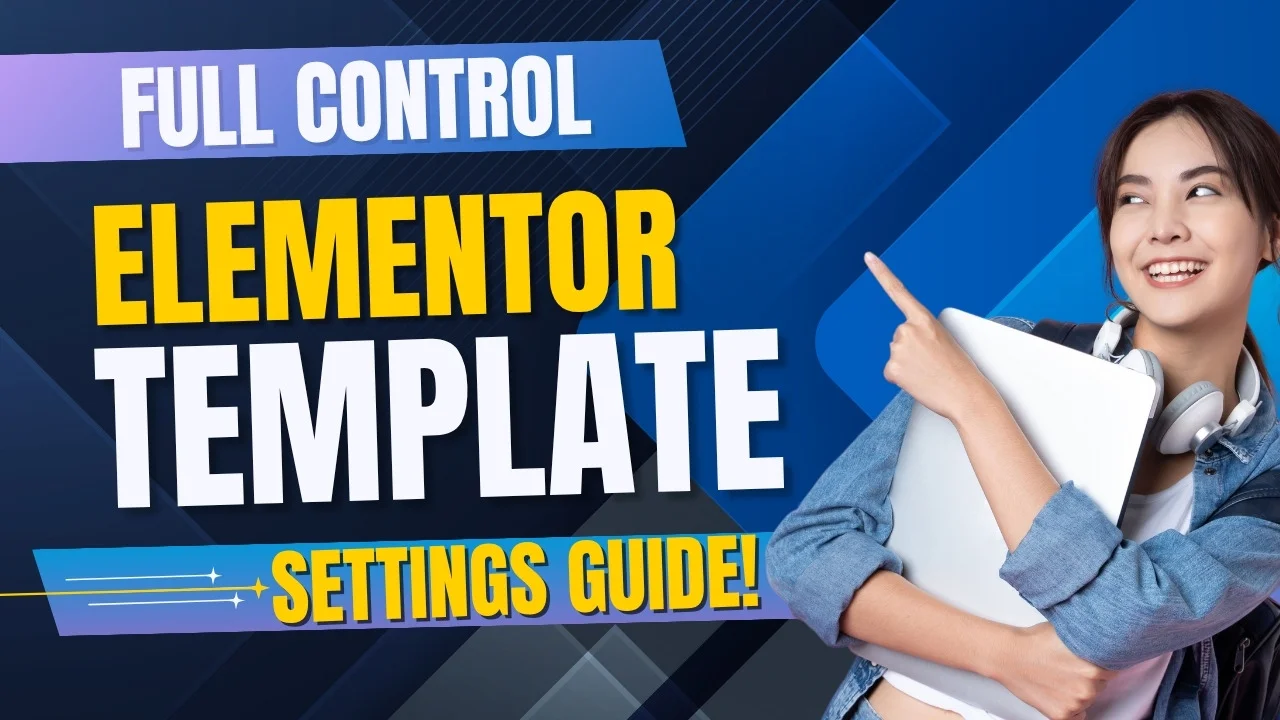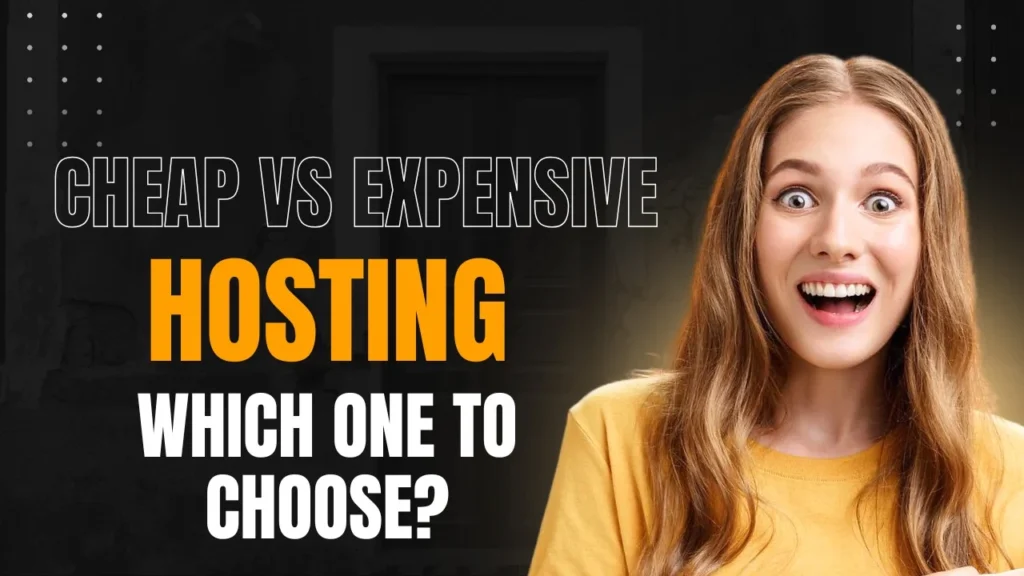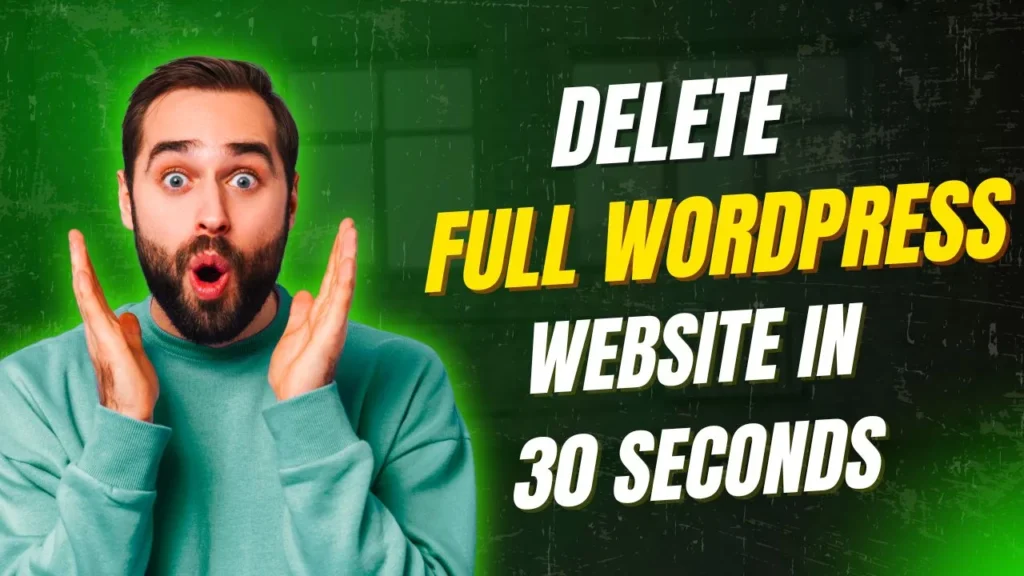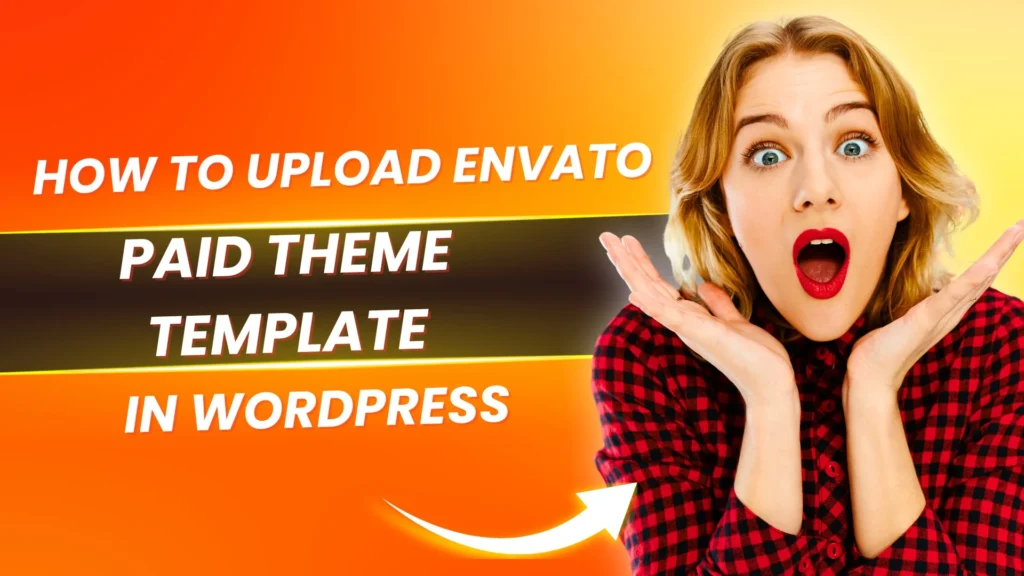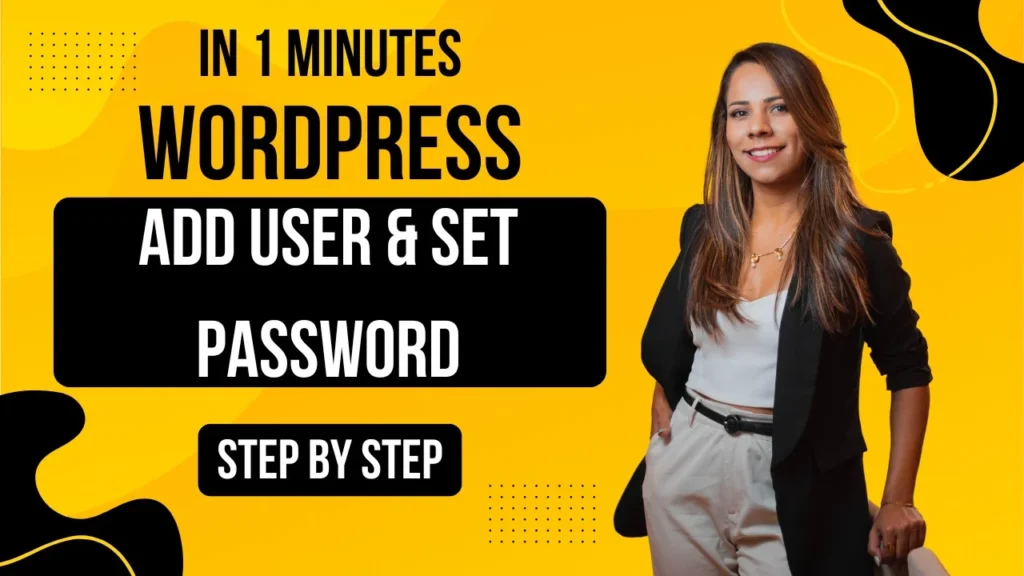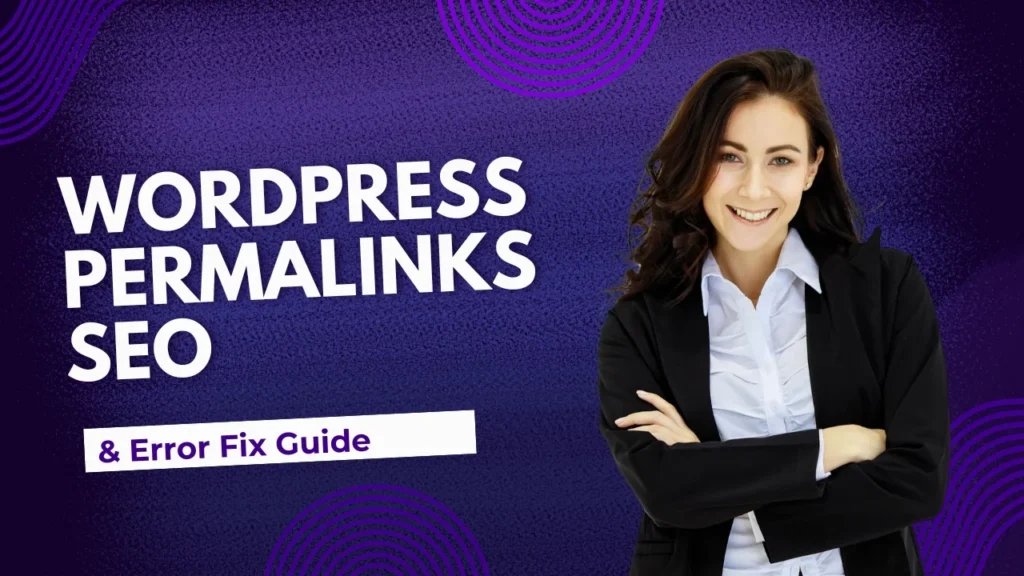WordPress Theme Builder (2025): Design your site as a pro – without writing code
Make free, design smart
Have you ever seen a fantastic WordPress website and thought, “I wish mine looked like this,” – but stopped because the coding seemed too complicated?
If this sounds familiar, here’s the good news: You don’t have to know a single code line to create something just as beautiful.
This is where the WordPress theme builder comes.
It gives you the complete freedom to design your site from top to bottom – just the way you want – through a simple visual interface.
Let’s understand what they really do, how they are different from a regular subject, and how to use them to create a smart, flexible website.
What is a WordPress Theme Builder?
Instead of being stuck with a ready-made theme where you can only adjust colors or fonts, you can create everything yourself – the header, the footer, the blog pages, and even the 404 error page.
Think of it this way:
- A common topic is how to rent a furnished apartment – you can move the furniture, but you can’t rebuild the walls.
- A theme builder is like designing your own house – you choose the layout, paint and structure.

That’s the real power of a theme builder — freedom without coding.
How Does a Theme Builder Work?
In traditional WordPress, every part of your site (like the header, footer, or post layout) is managed by separate PHP files.
A theme builder replaces all of that with visual templates you can design directly from your dashboard.
You simply drag and drop elements — logos, menus, titles, images — and then set rules about where each design should appear.
For example:
- Use one header on your blog pages.
- Another one for your store.
- A different footer just for your landing pages.
Everything happens visually — no code, no confusion.
Theme Builder vs. Page Builder
It’s easy to mix these up, but here’s the difference:
| Feature | Theme Builder | Page Builder |
|---|---|---|
| Purpose | Controls the entire website | Controls single pages |
| Design Scope | Global — header, footer, posts, etc. | One page at a time |
| Example | Elementor Theme Builder | Elementor Page Editor |
| Best For | Building your whole site structure | Designing landing or sales pages |
If you want a complete design system — not just one pretty page — the theme builder is what you need.
Understanding WordPress Templates
Every part of your website is built from small “template blocks.”
Each one has a specific job — for example, the header shows your logo and navigation, while the footer might hold your contact info or copyright notice.
Here’s a quick overview:
| Template Type | What It Does | Example Use |
|---|---|---|
| Header | Holds the logo and menu | Shown on all pages |
| Footer | Contains links, info, and copyright | Shown globally |
| Single Post | Layout for blog posts | Articles, news pages |
| Archive Page | Lists posts by category or author | Blog or portfolio |
| 404 Page | Appears when content isn’t found | Custom “Page Not Found” message |
A good theme builder lets you create and manage each of these templates individually — while keeping everything visually consistent.
How to use Elementor Theme Builder (step by step)
Elementor makes it easy to build themes – even if you’ve never designed before.
1. Open Theme Builder
Go to Templates → Theme Builder in your WordPress dashboard.
2. Make a heading
Click Add New → Header.
Design it using widgets such as your logo, navigation, and search box.
When you are ready, click Publish → Add Display Terms to Select Where it appears (e.g., the entire site or specific pages).
3. Build the bottom text
Add your contact information, social links, or newsletter form. Use it on all sides or just select.
4. Customize Blog & Archive Layouts
Design your blog post template – includes the title, featured image, author box and related posts.
5. Set viewing terms
Use Elementor’s rules to display or hide templates on specific sections.
💡 Pro Tip: Keep it easy. Clean layouts not only look better, but also load faster.
POPUPS: More than just pop-up windows
Popups can do more than promote sales – they can help grow the audience. Elementor lets you design beautiful, targeted pop-ups in just minutes.
Here are some smart ways to use them:
- Newsletter Registration Forms
- Output intention popups (show when users are about to leave)
- Special offers or discount notifications
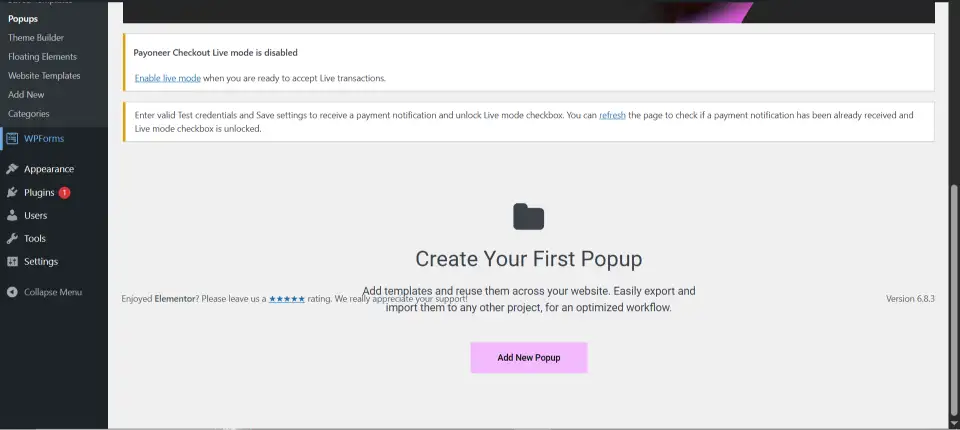
To avoid annoying visitors:
✔ Show popups only once per visit
✔ Make them mobile -friendly
✔ Keep messages ready and short
Full editing of websites vs. Thema builders
WordPress recently introduced full website editing (FSE) using blocks, but theme building still offers more flexibility and visual freedom.
| Feature | Full Site Editing | Theme Builder |
|---|---|---|
| Base System | Gutenberg Blocks | Visual Drag-and-Drop |
| Ease of Use | Moderate | Beginner-Friendly |
| Design Control | Limited | Advanced |
| Plugins Needed | No | Yes (like Elementor or Divi) |
If you love practical visual designs, a themebuilding remains the simpler and more creative option.
Smart design tips for a professional website
How to get your site really professional 👇
✅ Plan before building
Sketch out your homepage layout and user flow before you start designing.
✅ Use Global Styles
Set your colors, typography, and spacing once – this keeps everything consistent.
✅ Avoid Plugin Overload
Extra plugins slow down your website. Keep only what is essential.
✅ Optimize for Speed
Compress images and use caching tools.
✅ Design for Mobile First
Most visitors surf on phones – test how everything looks there.
✅ Use Dynamic Content
Connect models from custom fields (ACF, Jetangin) for automatic updates.
✅ Follow SEO Basics
Use the title for images (H1 – H3), short URL, and meaningful all -Text.
Common Mistakes To Avoid
- Excessive use of an animation – keep them subtle.
- Mobile ignore mobile design -response is important.
- SLA shows many POP pups – fewer.
- Forget backup backups – always save before big editors.
- More Mi,x more developers – choose a trusted tool.
Final Think: Make Smart, Not Hard
WordPress theme builder is not just a fancy tool – it’s a creative freedom machine. It allows you to create your site your way, without hiring developers or learning code.
Start Small: Design a heading, create a footer, and experiment with a blog setup. The more you explore, the more confident you will feel.
And remember: Great design doesn’t mean adding more; It’s all about creating better.
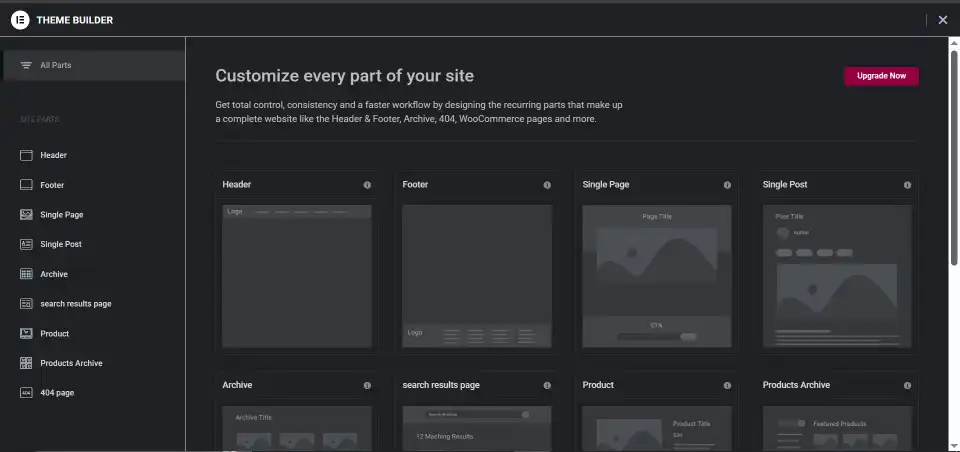
Common Question
1. What is the main purpose of a themebuilding?
It visually helps you design each part of your site – no coding required.
2. Can I use it with any theme?
Yes, but light topics like Hello Elementor or Astra work better.
3. Will this slow down my site?
Not if you are designing carefully. Optimize pictures and hold paints simple.
4. What is better – editing of the full website or themebeds?
FSE improves, but theme building still provides more creative control.
5. How do I make my site look professional?
Keep the layout clean, use consistent colors, test on mobile, and focus on clarity.


